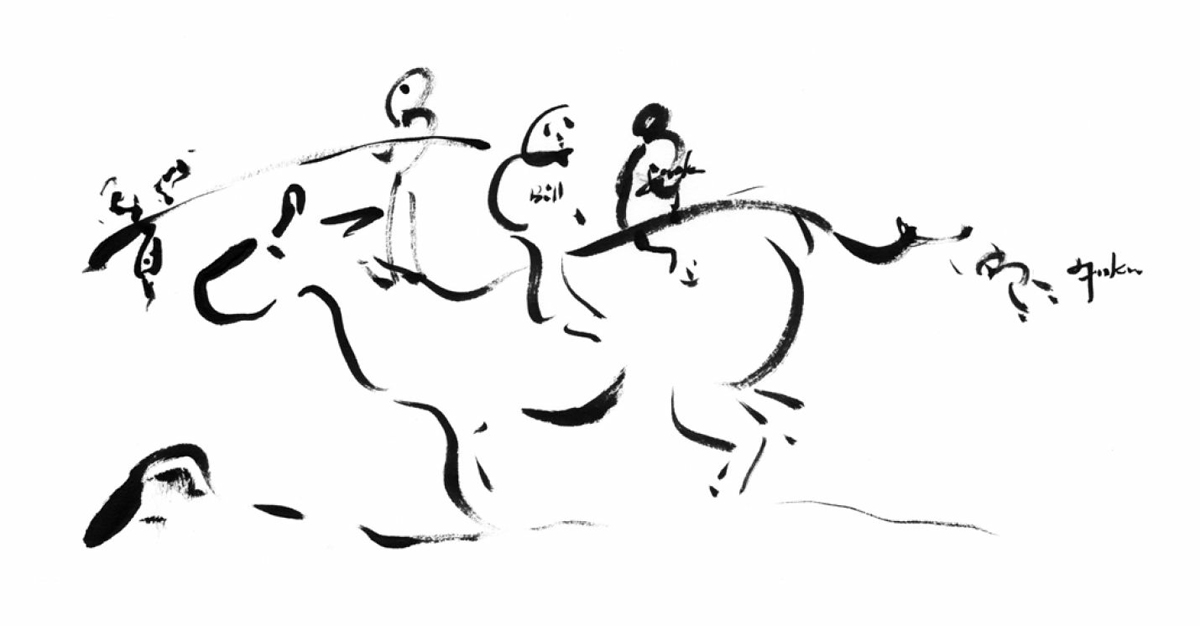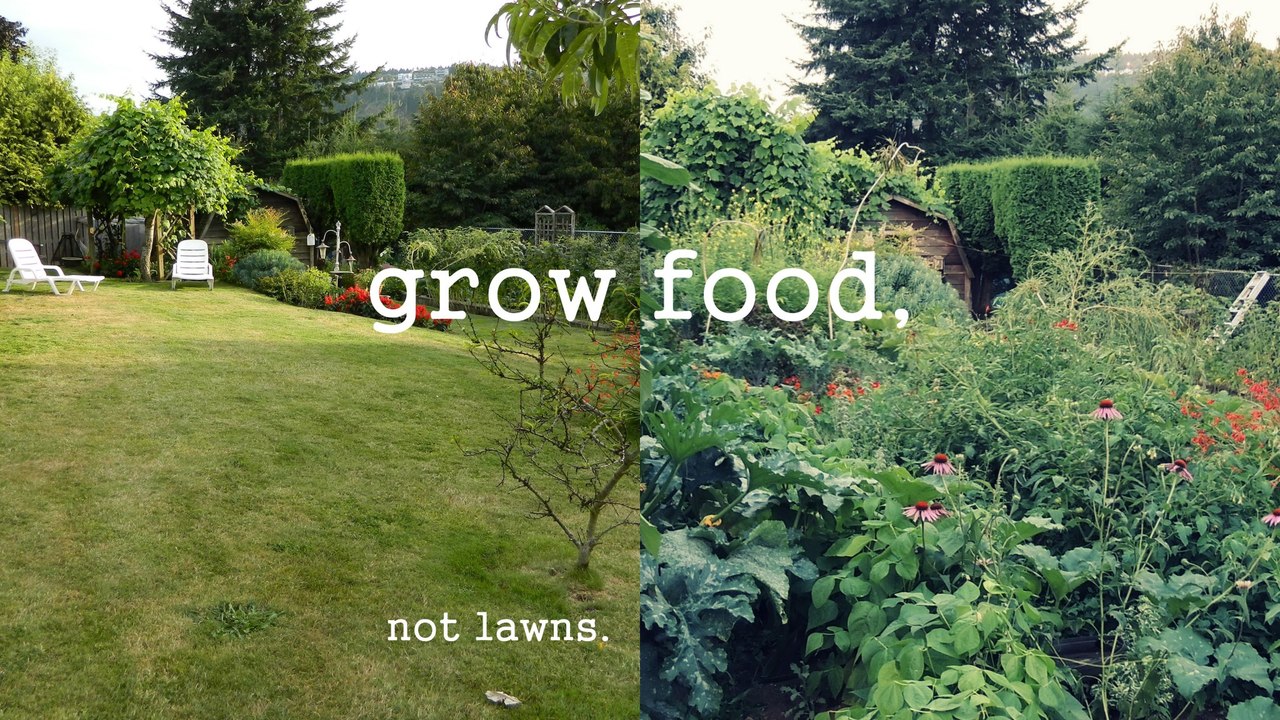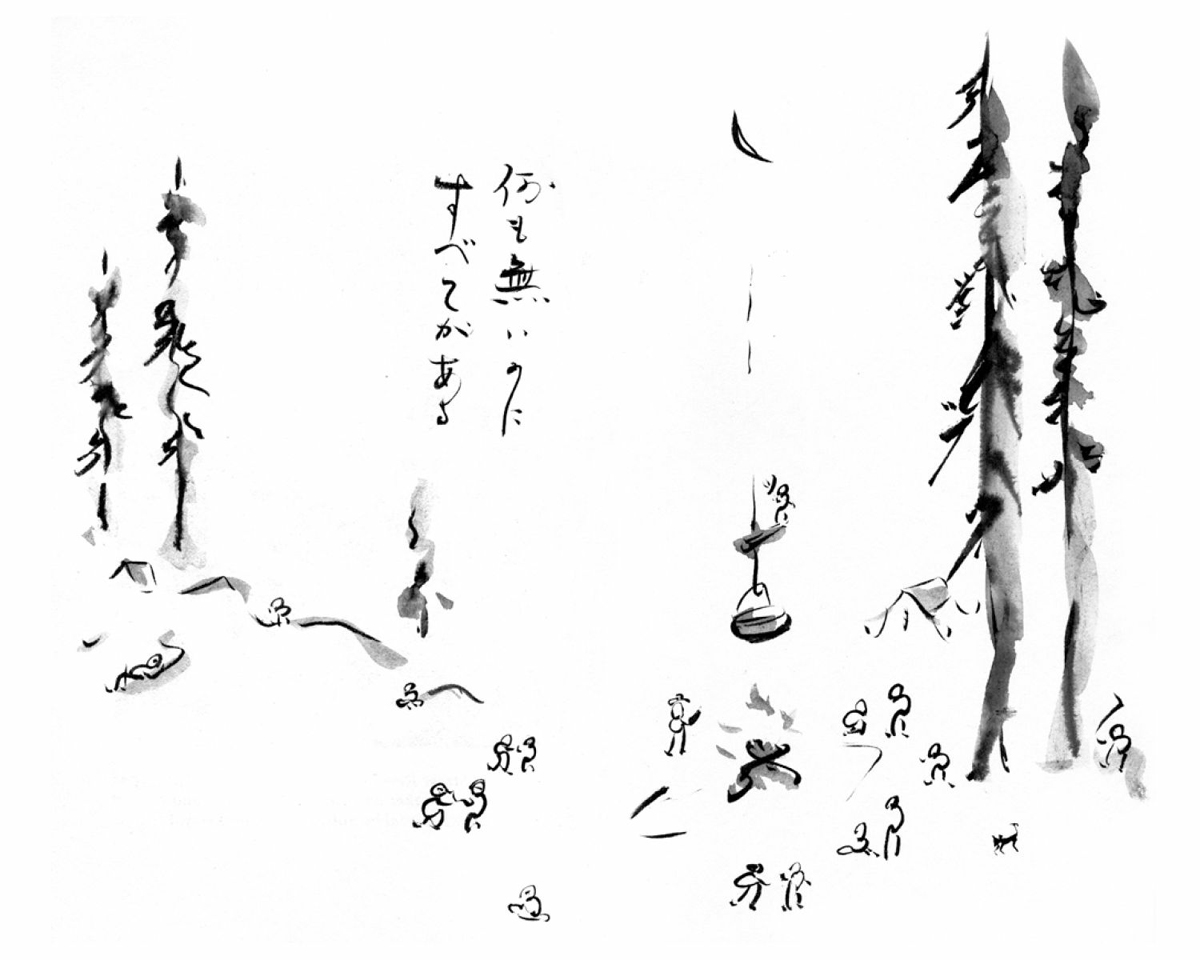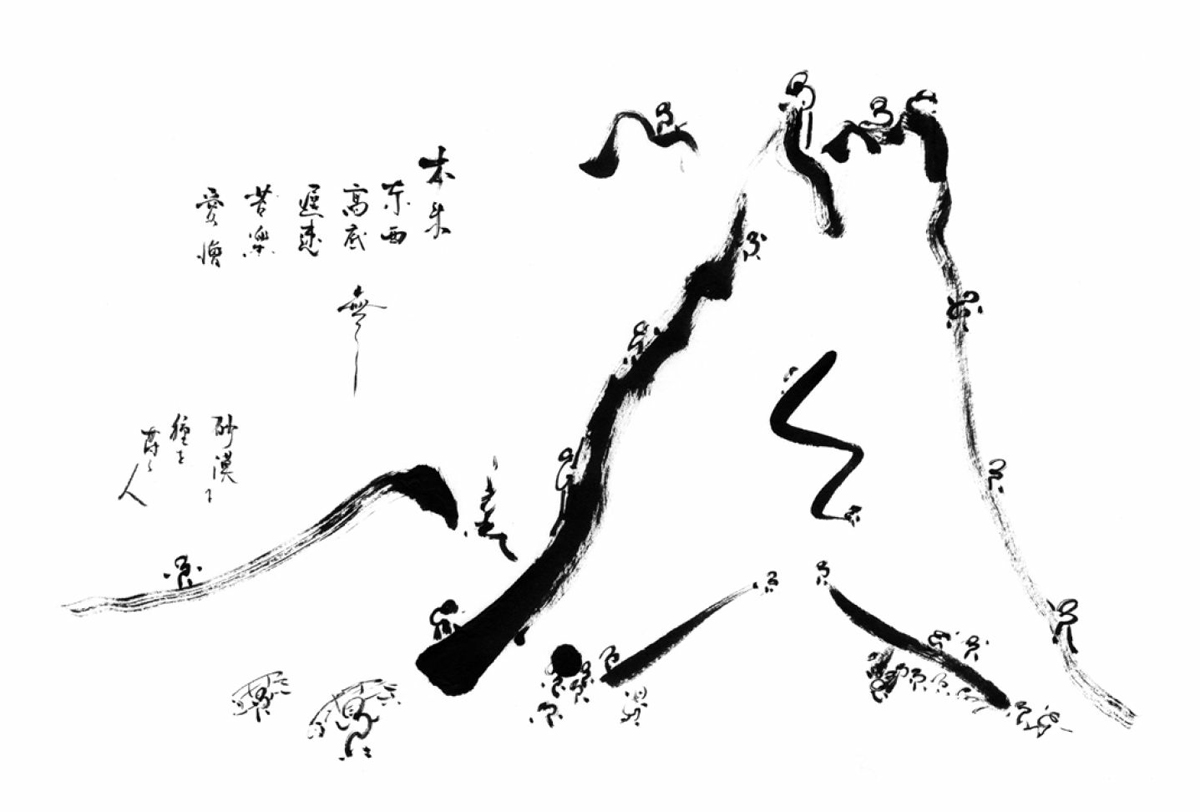permakultura
Mama Lisa’s Garden Adonara Island
Now that the rains had started, it was planting time. We each took a sharpened stick, stabbed it into the ground in the most easily accessible spots, tossed in a couple of dried maize kernels, kicked the earth over with our feet, moved on. It seemed impossible to me that the earth would reward our paltry effort with something edible, but Mama Lina texted me a couple of months later to report that she was cooking the maize I had planted. […]
Would we have had a better maize crop if we had been more methodical, chosen better seeds, spaced the plants more systematically, dug and refilled the holes more carefully? Probably. But if we could meet the family’s maize needs with just fifteen minutes of stab, toss, kick, stab, toss, kick, what would be the point of doing more?
It’s not that Mama Lina has no aspirations. She herself spent four years working as a housemaid in Malaysia; her cousin put in eight years. They got up at 4 a.m., worked until 10 a.m., rested until 3, then cooked and served supper. Room and board were given free, so the salary of US$90 a month went straight into their pockets. It is six times what Mama Lina now earns as a part-time teacher. But neither wants to go back. It’s a question of what life-coaches would call ‘work-life balance’. ‘Here, there’s no salary, but there’s free food in the garden,’ said the cousin. ‘I can work when I feel like it, sleep when I don’t. It’s great.’
Elizabeth Pisani, Indonesia, Etc.
Permaculture Conference '86, Masanobu Fukuoka
…finally I drew a picture of Don Quixote’s donkey. On its back were a blind Bill and a deaf Wes both riding backward, and me hanging desperately on to the donkey’s swishing tail. The three Don Quixotes, hoping to return to nature, were trying to stop the donkey from rushing wildly toward the brink of disaster, but it seemed hopeless. Someone asked what was going to happen, so I drew President Reagan sitting frontward on the donkey’s back dangling a carrot in front of the donkey’s nose. When I asked, “What do suppose the carrot is?” someone correctly answered, “Money.”
Czytaj dalej
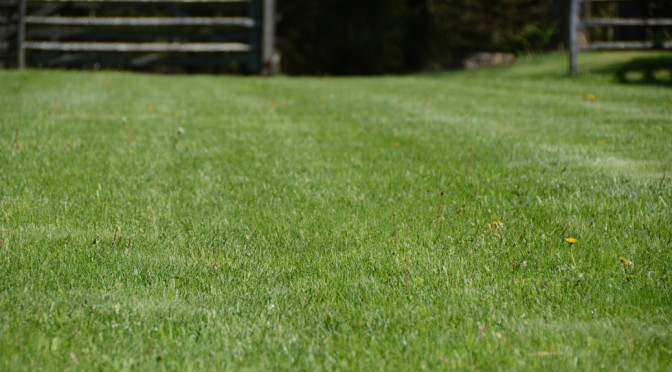
Lawn Culture
Everywhere I went I preached the abolition of lawn culture, saying that it was an imitation green created for human beings at the expense of nature and was nothing more than a remnant of the arrogant aristocratic culture of Europe.
Masanobu Fukuoka, „Sawing Seeds in the Desert”
Ideal Natural Farm Masanobu Fukuoka
On the ideal natural farm or urban homestead, there would be a mixture of fruit and nut trees, and beneath them vegetables, grains, and berries. Chickens would run around in the weeds and clover. When I talked about such things in Japan, I was considered unrealistic, but in the United States this idea is easier to understand for most people, and easier to carry out. When I suggested that it would be a good idea to plant fruit trees to line the streets in towns and cities and to grow vegetables instead of lawns and annual flowers, so that when the townspeople were taking a walk, they could pick and eat the fruit from the roadside, people were surprisingly enthusiastic.
Masanobu Fukuoka, „Sawing Seeds in the Desert”
This drawing was inspired by Mr. Fukuoka’s experience at the summer camp at French Meadows in the Sierra Nevada Mountains. It shows people camping out, delighting in the forest, the river, and the fresh mountain air. The cooking pot over the fire pit is suspended by the moon.
In the place where there is nothing, everything exists.
The Second Genesis Masanobu Fukuoka
We cannot simply put things back the way they once were. Too much has happened. Conditions are far different today from what they were just one hundred years ago. Soil has eroded and become drier due to agriculture, overgrazing, and cutting too many trees. Plant communities and the balance of microorganisms have been altered beyond recognition by plowing and agricultural chemicals. Animals and plants are becoming extinct from the elimination of their habitat. The seas are becoming more acidic, and even the climate is changing. Even if we did go to the trouble of putting back the plants that were native to a certain place, there is no guarantee that they would thrive there anymore.
My idea is entirely different. I think we should mix all the species together and scatter them worldwide 1)↓, completely doing away with their uneven distribution. This would give nature a full palette to work with as it establishes a new balance given the current conditions. I call this the Second Genesis.
Masanobu Fukuoka, „Sawing Seeds in the Desert”
Here, people are carrying out various forms of human activity with the idea that they are accomplishing something. The last line refers to the figure on the left who is on his own mission to repair the damage of that activity.
Originally there was no east
west, high
low, slow
fast, easy
hard, love
hate.
This person is sowing seeds in the desert.
| 1. | ↑ | making seeds pellets as rich as possible, and sawing them in the desert – przyp. Amin |
Masanobu Fukuoka Makes Seed Pellets

